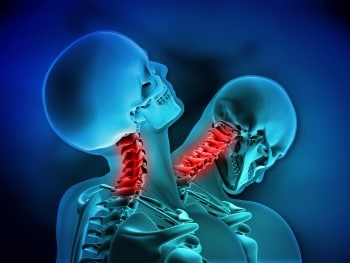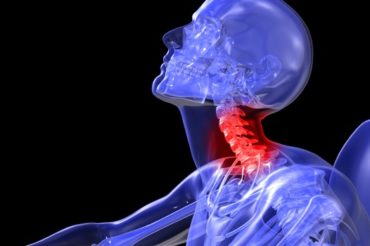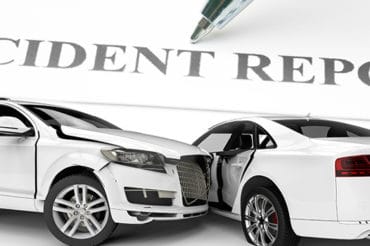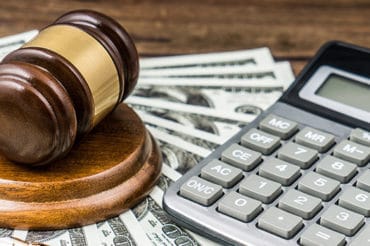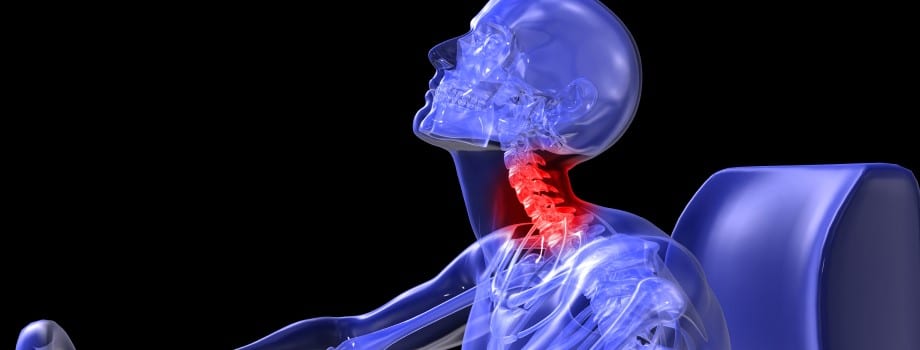
It’s no secret that car accidents can result in major injuries. However, if you didn’t sustain any immediately noticeable harm after a collision, you may naturally assume you walked away entirely unscathed.
However, this isn’t always the case. Have you been noticing lower back pain after a car accident? If so, there’s an excellent chance your pain is a direct result of the collision.
It’s important to seek medical attention immediately following a car accident, even if you don’t feel any significant pain. Addressing your medical needs should be your first priority. However, if physicians do identify an injury that went unnoticed in the immediate aftermath of the accident, you should also get in touch with a personal injury attorney. You’ll likely be facing medical bills in the near future. Additionally, depending on the nature of the accident, your overall quality of life may diminish. A personal injury attorney will help you pursue the compensation you deserve.
In the meantime, you may be wondering precisely why you’re experiencing back pain after a car accident. The following guide will help you better understand what may be causing your discomfort. Just keep in mind, none of the information here should be mistaken for professional medical advice.
Why You May be Experiencing Neck and/or Lower Back Pain After a Car Accident
An auto accident puts your body through significant trauma, even if you don’t appear to sustain any bone breaks or similar injuries during or immediately following the accident. Sometimes, the symptoms of this trauma take longer than expected to reveal themselves.
Why Lower Back Pain After Car Accidents is Common
Wearing your seatbelt at all times is essential when you’re in a car, regardless of whether you’re the driver or a passenger. A seat belt can save your life if you’re ever involved in a collision.
However, a seat belt will also naturally restrict your movement during an accident. Additionally, other surfaces and obstructions, such as the dashboard or the car seat in front of you, will also get in the way of your body if it’s tossed forward.
When your momentum suddenly stops in this capacity, your neck and back are placed under a substantial amount of pressure. It’s easy to understand why a back injury may be the result.
That said, not all back injuries resulting from car accidents are the same. The following are some of the more common:
Thoracic Spine Injuries
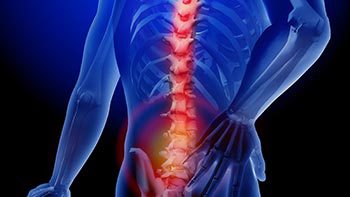
The consequences of damage to your thoracic spine can be severe. Some people, unfortunately, experience permanent nerve damage after sustaining this type of injury.
Herniated Discs
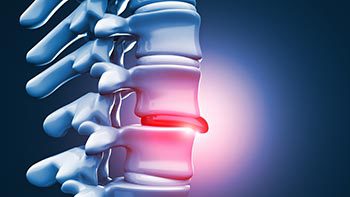
Although symptoms of a herniated disc can vary, most often, patients who develop this condition because of an auto collision experience sudden and intense lower back pain after car accidents. Leg numbness is another common symptom.
Lumbar Spine Damage
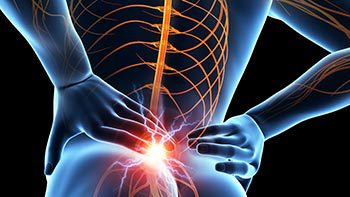
Symptoms of such an injury may include swelling, tenderness, or bruising. Patients also commonly report limited movement resulting from lumbar spine injuries, which can prevent them from completing a range of tasks they once found easy. Of course, if back pain after a car accident impacts your mobility in this capacity, your quality of life will change for the worse without proper care.
Spinal Cord Problems
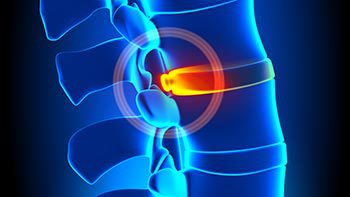
That’s because damage to the spinal cord can have significant consequences, including paralysis. Even patients who don’t develop full paralysis may still experience a permanent loss of sensation in some regions of the body.
Additionally, they are often at higher risk of developing related medical conditions. For instance, surgery necessary to address a spinal cord injury may put them at risk of infections.
What to do if You’re Experiencing Lower Back Pain After a Car Accident
Remember, before taking any additional steps, be sure to see a doctor if you suspect there’s even a chance that you’ve sustained a back injury resulting from an auto collision. Getting the proper treatment sooner rather than later is key to optimizing your prognosis.
Back injuries sustained after car accidents tend to get worse when they aren’t addressed. You should also seek medical attention if you’re experiencing any related symptoms, such as headaches, neck pain, or abdominal pain.
Getting a proper diagnosis after a car accident is also crucial if you wish to pursue legal action. As long as you haven’t signed a release of liability form (closing any lawsuits), you may still be entitled to compensation. An accurate diagnosis confirming your injuries will help you build a stronger personal injury case.
Even if your lower back pain after a car accident is relatively minor (or hasn’t developed yet), it’s a good idea to contact a personal injury attorney once you’ve addressed your medical needs. They’ll assess your case, helping you better understand your options. They’ll also make sure you don’t take any steps that would cause you to waive your rights to compensation.

